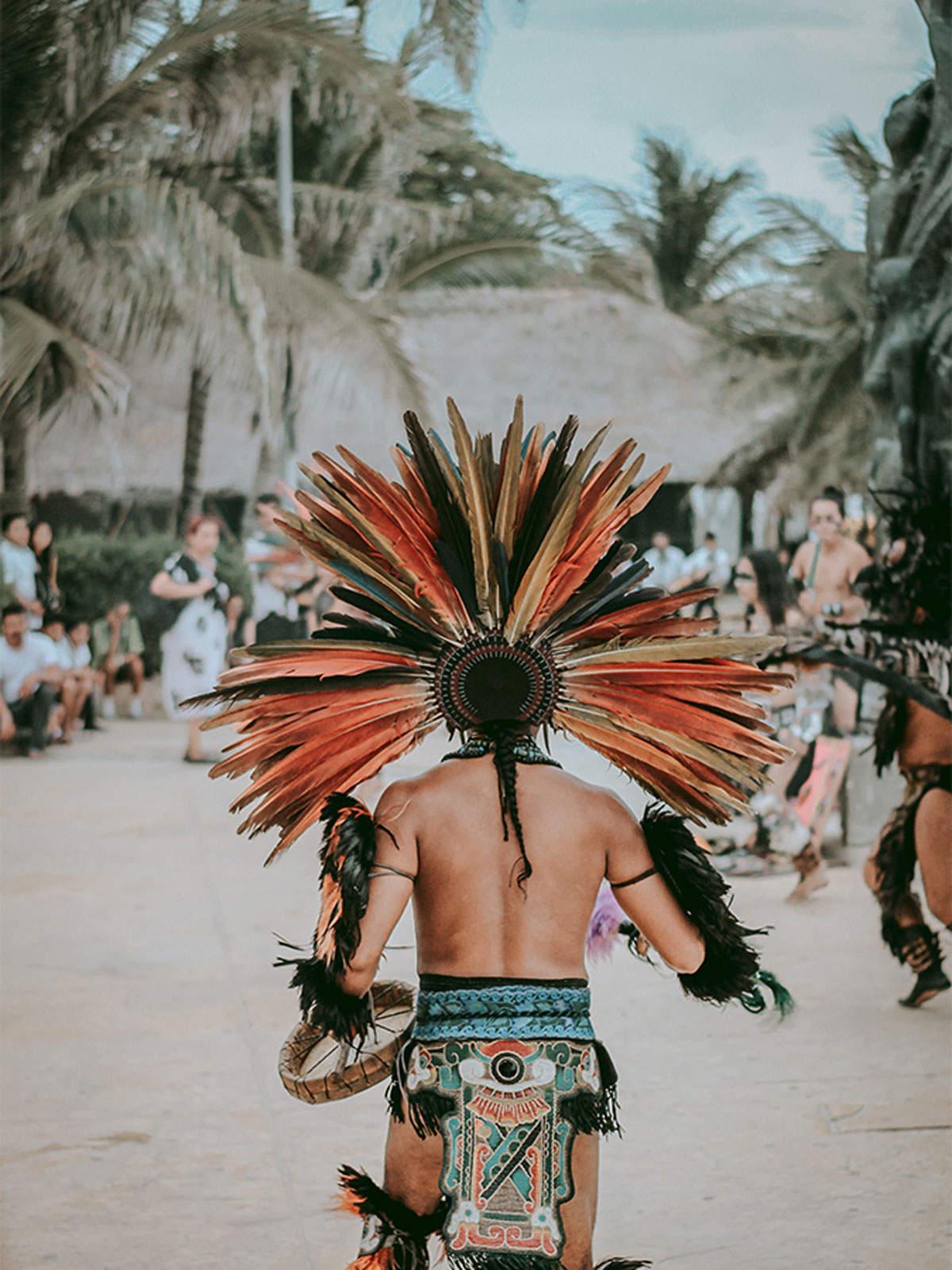BY ANA RUIZ
Dear Mayas: Thank you for sharing a new perspective of time. We might take for granted the fact that it exists, but maybe if we take the time to question it, we could be more thoughtful about how to use it. Or, in some cases how to waste it, because we don't realize what enriches our existence. It is necessary to ask yourself how humans have seen life through the centuries and that's why today we will wonder together with the different types of time that exist.

According to the scientific statement of Western culture, time is a physical magnitude that lets us measure the beginning of moments or the closure of eras. These types of sequences help us see ourselves in the past, the present and in the uncertain future. We can observe these events in the physical space in such things as day and night, the seasons, or even in the cycles of flora and fauna.
Time is also intangible and there are two types of concepts to define these events: cyclical and linear. As mentioned before, the linear is the one we are used to, where things, opportunities and thoughts go by and vanish in the air. The actions we take have a certain impact on our lives. In contrast to the cyclical concept: a space event that Mexican ancestors followed and that establishes a certain event to repeat itself periodically in an infinite sequence. This means that events happen, unravel and are repeated forever. Nowadays we aren't that lucky, life is most likely to vanish second chances in fears, mistakes and procrastination.
These time concepts are also related to religion. In cultures that adopt the passage of time as cyclical, their religion becomes cosmological. This means that every single happening is linked to a tangible effect-cause relationship that is understandable and explainable based on the observations of the natural and social environment, also named “a reflection of divinity”.
An important matter that helps us identify cosmological cultures is that they believe that every phenomenon has a specific god that will do something transcendental in the natural, cultural or social sphere in the real world. Herewith raw material, animated beings, the social, political and economic structures, phenomena and time are part and parcel of the expression of that cosmic-divine order. This leads to a culture that considers everything part of the same thing, where they don’t have categories and they believe in anything. Mayans shared this belief, the notion of time was followed by events that mark a before and after for a precise moment that will eventually be repeated.
So, let me introduce a new vocabulary word that you will eventually see in our blog “Kʼiin” the Mayan translation of time, a concept that looks for things to happen again and again.
It’s time for us to question what time means and how Kʼiin pushes us to do things because in linear life as we know it, events will not be repeated. We have to start doing things we are not used to, such as leaving our comfort zone to explore something new that will take our breath away. We need to start pointing out the little things that complement our time, but most importantly our transcendence here on Earth.
Take a moment to identify what makes you feel alive in your valuable time on Earth.
We assure you that the synonym of alive is travelling.
Gain time by adding your favourite experiences to your wishlist, let us be part of your jaunt.
References:
Voss, A. W. (2015). La Noción Del Tiempo en La Cultura Maya Prehispánica. Liminar, 13(2), 38–52. https://doi.org/10.29043/liminar.v13i2.391
